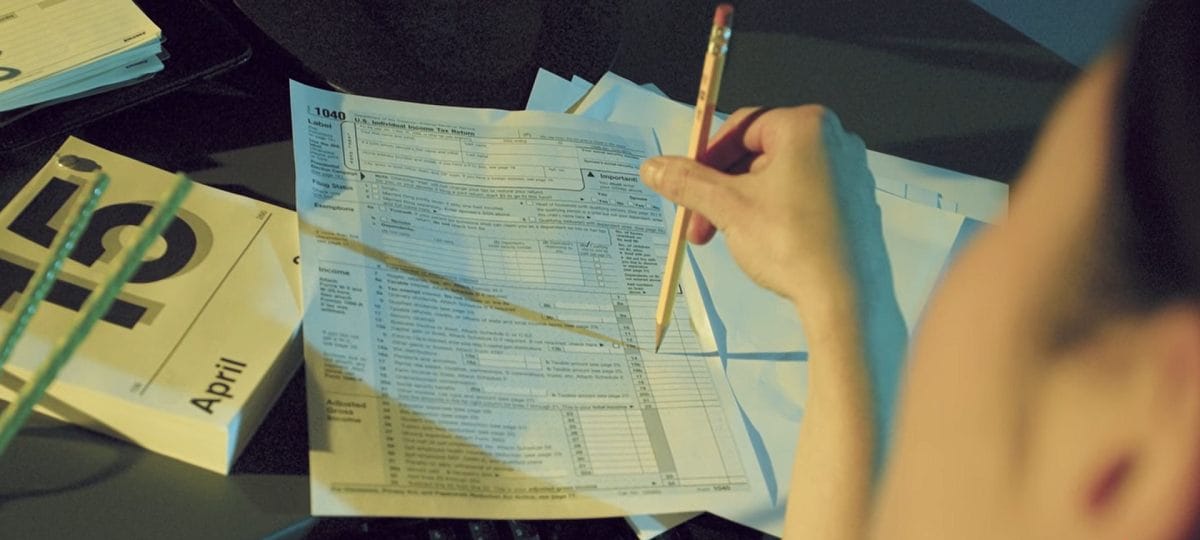Video: Benefits of Filing Taxes Early
Filing your taxes long before the tax deadline may not be your top priority, but if you're self-employed or anticipating a refund, there are some benefits you may want to know about. Watch this video to find out more about fling your tax returns early.
When a significant natural disaster hits – such as a hurricane, earthquake, tornado, flood, wildfire, blizzard, or the like – the IRS will extend upcoming federal tax deadlines for affected taxpayers if a federal disaster is declared. The extended due dates apply to most federal tax returns and payments, including those for income taxes (including estimated tax payments), payroll taxes, and excise taxes. If you’re impacted by a natural disaster, check our IRS Disaster Relief page to see if you qualify for an automatic tax filing or payment extension.
Video transcript:
Hello, I’m Tammy from TurboTax with important news on the benefits of filing your taxes early.
Filing your taxes long before the tax deadline may not be your top priority, but if you’re self-employed or anticipating a refund, there are some benefits you may want to know about.
If you are expecting a tax refund because your employer withheld more tax from your salary than you owe the IRS, or your total estimated tax payments exceed your tax liability, filing your taxes early will get your refund processed much faster than if you file right before the tax filing deadline, April 15, 2025. You need to remember that as the tax filing deadline approaches, IRS staff become increasingly busy—which means the time it takes to process your tax return also increases. Therefore, by filing your tax return in January, for example, it’s possible that the IRS will need less time to process your refund than it does for taxpayers who file closer to the deadline.
To speed things up even more, you should consider efiling your early tax return instead of mailing a paper copy. Most efiled refunds are issued within 21 days.
Keep in mind that you cannot file your return until you receive all W-2s from your employers, as well as the other forms you need such as a 1099 form. Luckily, the IRS requires your employer and other information return filers to provide you with copies by January 31, though in many cases, the forms are made available to you earlier. But as soon as you have enough information to prepare your return, there’s no reason to delay its filing.
Filing a tax return early is also beneficial to self-employed taxpayers. When working for yourself, it’s your responsibility to make up to four estimated tax payments throughout the year as you earn the income. The fourth of these estimated tax payments is due on January 15—approximately two weeks after the close of the tax year. In addition, you still must file a personal income tax return that includes all self-employment income by April 15th. However, the IRS allows you to make that fourth and final estimated tax payment with your tax return instead, but only if you file it by January 31.
And lastly, a benefit that all taxpayers enjoy when filing early is preparing a tax return without the stress of a looming deadline.

With TurboTax Live Full Service, a local expert matched to your unique situation will do your taxes for you start to finish. Or, get unlimited help and advice from tax experts while you do your taxes with TurboTax Live Assisted.
And if you want to file your own taxes, you can still feel confident you'll do them right with TurboTax as we guide you step by step. No matter which way you file, we guarantee 100% accuracy and your maximum refund.













